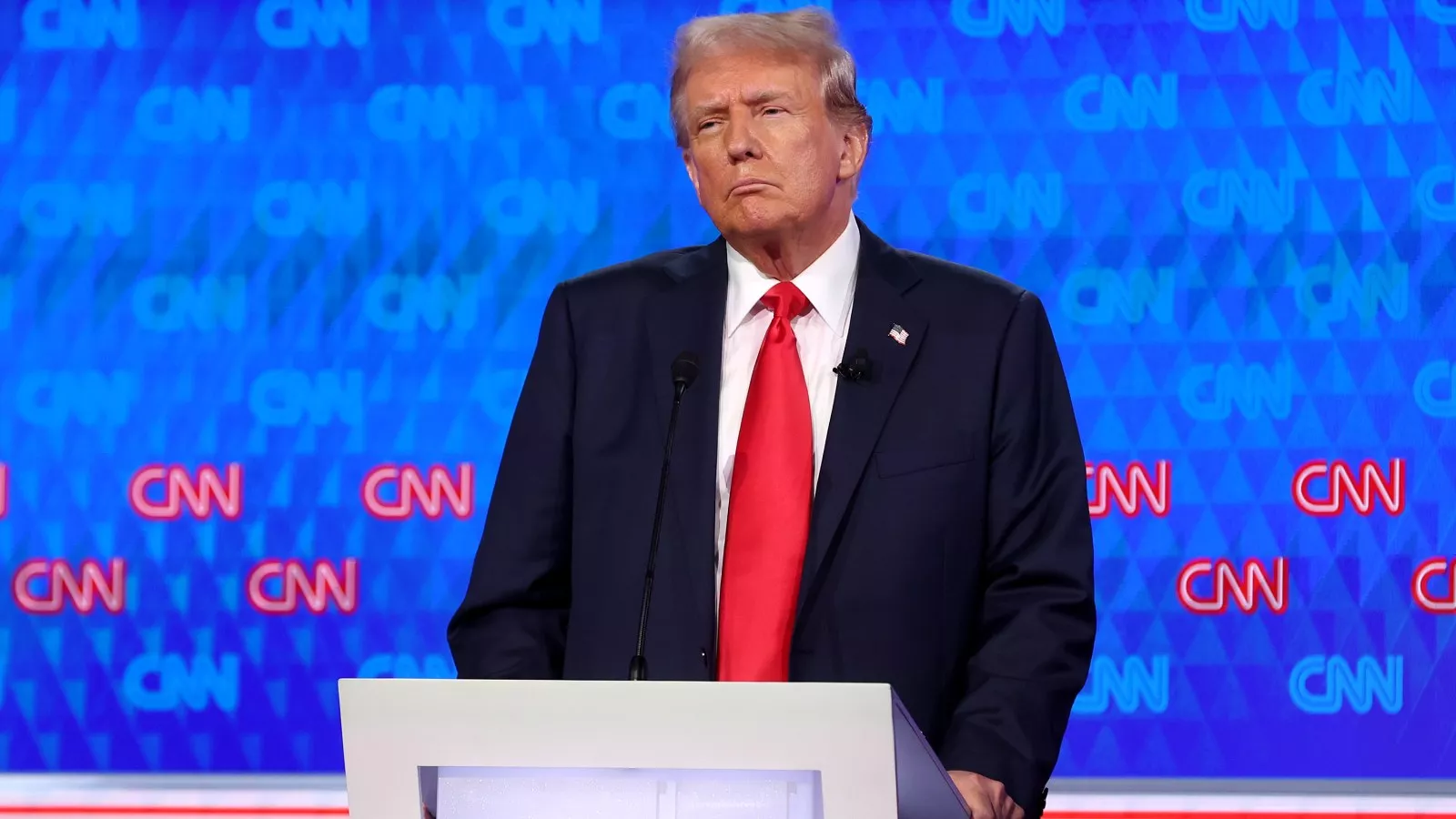In the realm of business, understanding the intricacies of a lease is essential for both landlords and tenants. But what is a lease, and why is it so pivotal? The lease definition encompasses a contractual agreement where one party, the lessor, grants another party, the lessee, the right to use an asset for a specified period in exchange for periodic payments. This arrangement is foundational in both residential and commercial real estate, as well as in equipment leasing.
Lease Meaning and Its Implications
The lease meaning extends beyond just a simple rental agreement. It involves detailed terms and conditions that outline the responsibilities and rights of both parties. For businesses, leasing can be a strategic financial decision, allowing them to use high-value assets without the upfront costs of purchasing. This can include anything from office spaces to specialized machinery.
Leasing also provides flexibility. For instance, a startup might opt for a short-term lease to avoid long-term commitments while gauging market conditions. Conversely, established companies might prefer long-term leases to secure favorable terms and stability.
Types of Leases
There are several types of leases, each catering to different needs:
- Operating Lease: Typically short-term and cancellable, this type allows businesses to use assets without the burden of ownership.
- Finance Lease: Also known as a capital lease, it is long-term and non-cancellable, often leading to the transfer of ownership at the end of the term.
- Sale and Leaseback: A company sells an asset and then leases it back, freeing up capital while retaining the use of the asset.
Key Considerations in Leasing
When entering into a lease, several factors must be considered:
- Lease Term: The duration of the lease can significantly impact financial planning and operational flexibility.
- Payment Structure: Understanding how payments are structured, including any escalation clauses or maintenance costs, is crucial.
- Termination Clauses: Knowing the conditions under which a lease can be terminated helps in managing risks.
In conclusion, a lease is more than just a rental agreement; it’s a strategic tool that can offer financial flexibility and operational efficiency. By understanding the lease definition and lease meaning, businesses can make informed decisions that align with their long-term goals.






